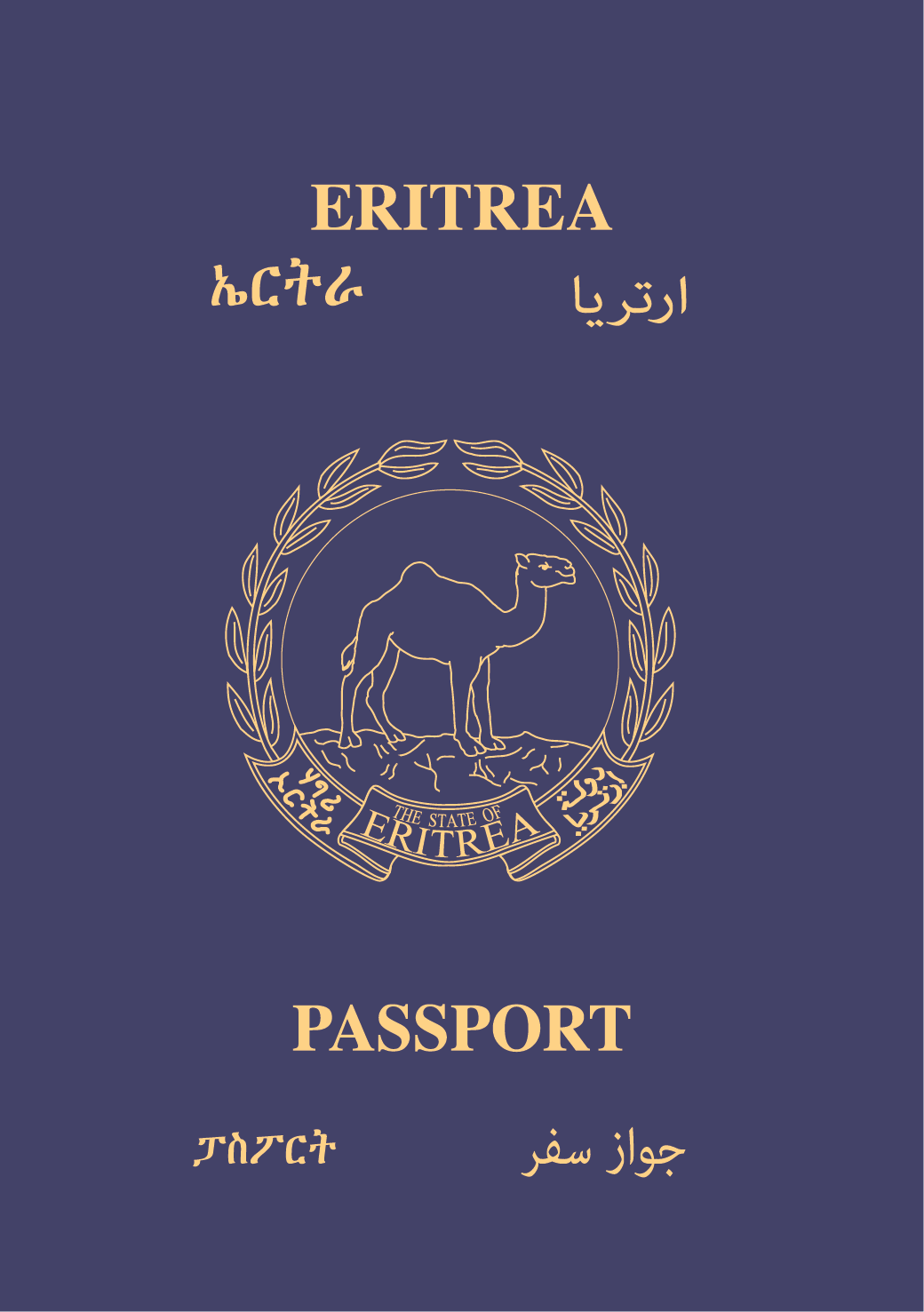Visa free access for Eritrea
As an Eritrea passport holder, you are permitted to travel visa-free to 40 countries and territories. This data is correct as of September 2024.
In order to travel visa-free, you will need a valid passport, often with at least six months until expiry. Additionally, you may need travel insurance, as required by your destination country.
Within these countries, there is often a separate section in airports where you can submit your Visa on Arrival. You will receive your visa on arrival (VOA) after entering the country that issued the visa.
Acquiring an eVisa follows the same process as applying for a traditional visa. The main difference with an eVisa is that you don’t need to visit a visa application centre. You can submit your application online, including making any payments relating to the visa.
Once the relevant authorities approve your application, you will receive a confirmation email regarding your visa status, along with a document that you must print and bring with you when crossing the border.
You will need a valid visa to enter the 40 countries with an Eritrea passport.
About Eritrea
Eritrea, located in the Horn of Africa, is a country known for its diverse culture and rich history. With a population of approximately 3.5 million people, it is home to nine recognized ethnic groups, each with its unique traditions and languages, contributing to a vibrant cultural tapestry.
The climate in Eritrea varies from hot desert temperatures along its Red Sea coastline to cooler, temperate conditions in the highlands. The capital city, Asmara, sits atop the highlands and is renowned for its pleasant weather and Italian colonial-era architecture.
Eritrea’s economy is largely based on agriculture, which employs about 80% of the population. However, the mining sector has been growing, with gold and copper being the primary exports. The country also has a growing tourism industry, thanks to its diverse landscapes, rich history, and UNESCO World Heritage sites.
Despite its challenges, Eritrea is a country of resilience and potential. Its people are known for their hospitality, and the country’s unique blend of cultures and traditions make it a fascinating destination.

 Eritrea
Eritrea
































































































































































































































